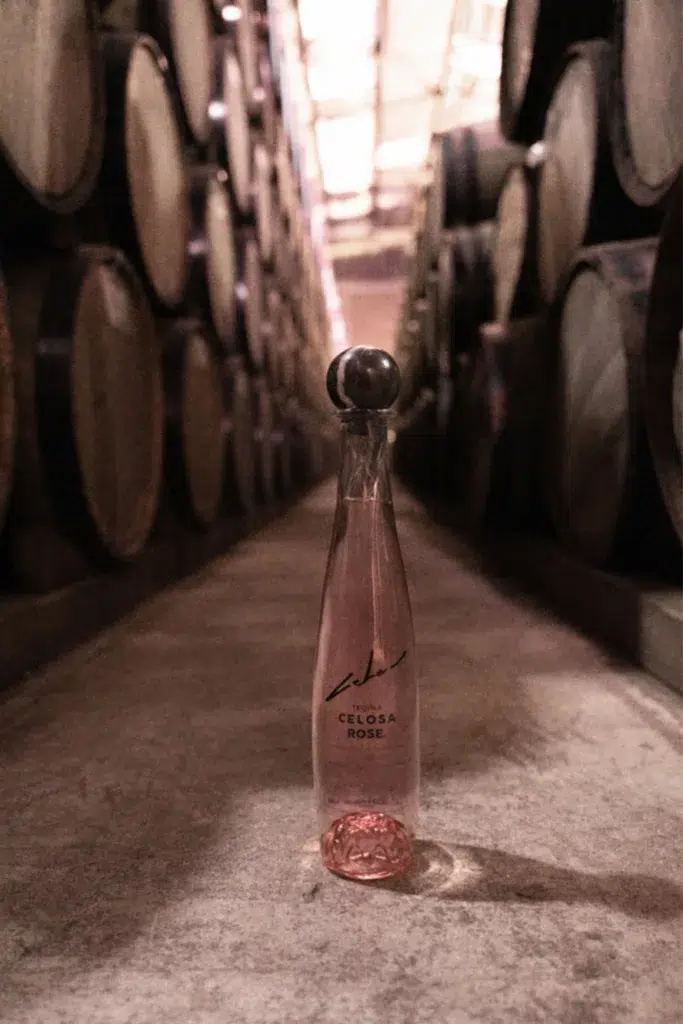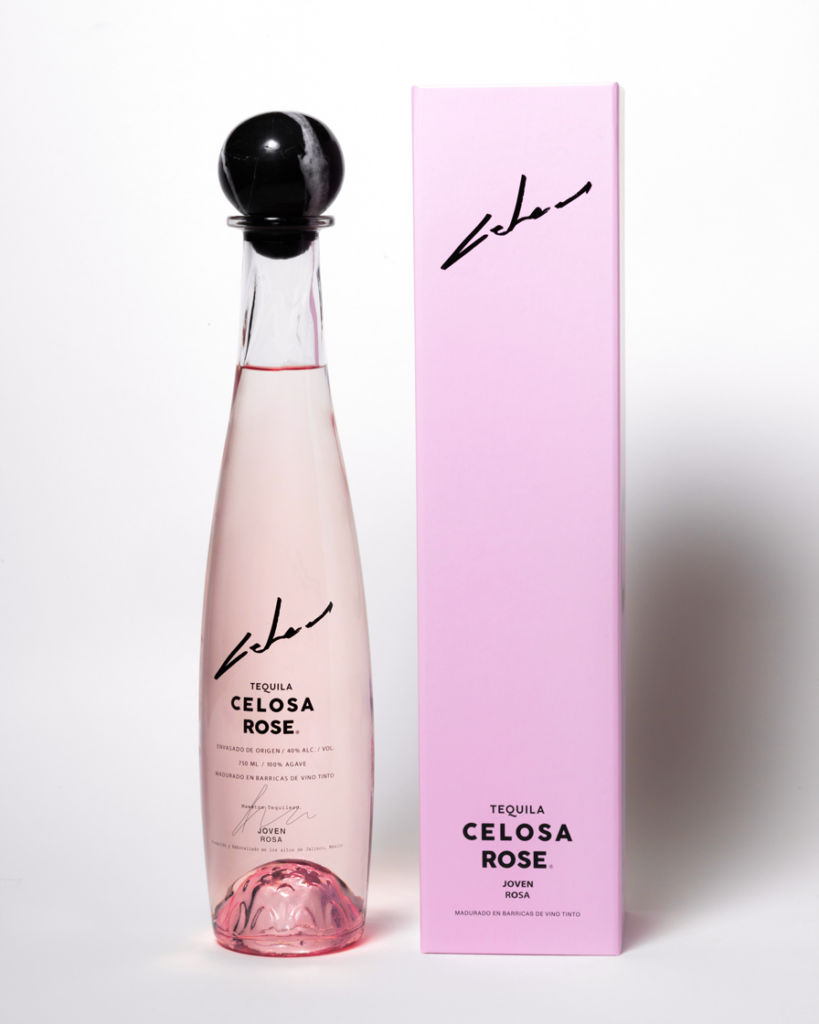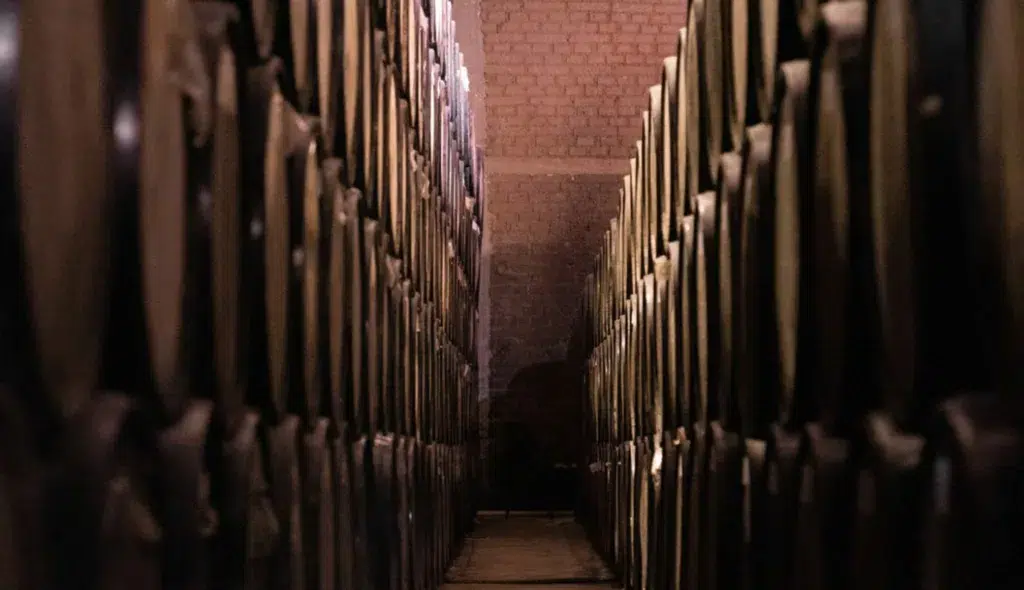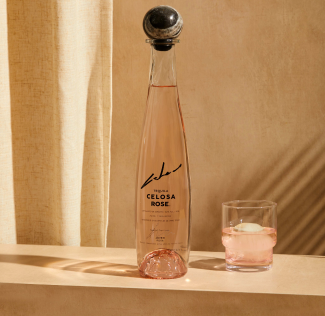In the diverse landscape of spirits, tequila stands out not just for its unique flavor profile but also for its rich cultural heritage. With the growing awareness and preference for natural, unadulterated products, the tequila industry is witnessing a significant shift towards additive-free variants. This comprehensive guide delves deep into the world of additive-free tequila, exploring its history, varieties, and the myriad reasons it’s becoming a preferred choice among connoisseurs and casual drinkers alike. We’ll uncover the nuances that make additive-free tequila a purer and richer experience.
The History of Tequila Making

Origins and Evolution
Tequila’s journey began centuries ago with the indigenous people of Mexico, who revered the agave plant for its myriad uses, including the production of a fermented beverage. The Spanish conquest brought with it the art of distillation, transforming the native brew into what we now recognize as tequila. This evolution marks not just a change in technique but also a fusion of cultures, setting the foundation for the tequila industry.
Modern Shifts in Tequila Production
The past few decades have witnessed a significant transformation in tequila production, emphasizing quality and tradition. This modern shift has seen a resurgence in artisanal practices and a move away from mass-produced varieties, highlighting a global trend towards authenticity and purity in spirits.
What are the Types of Tequila?

Blanco, Reposado, Añejo, Extra Añejo, Rose Tequila
Blanco (or Silver) Tequila
- Characteristics: Blanco, also known as Silver Tequila, is the purest form of tequila. It is typically unaged, bottled immediately after distillation, or stored for a very short period (up to two months) in stainless steel tanks.
- Flavor Profile: This type of tequila offers a true and unadulterated taste of the agave plant. It is known for its clear, crisp, and fresh flavors, with notes of pepper, citrus, and earthy agave.
- Best Use: Blanco tequila is ideal for cocktails where the tequila flavor is meant to be prominent, such as in a classic Margarita or a Tequila Sunrise.
Reposado Tequila
- Characteristics: Reposado, meaning “rested” in Spanish, is aged in oak barrels for anywhere between two months to a year. This aging process imparts a golden hue to the tequila.
- Flavor Profile: Reposado tequilas strike a balance between the agave flavor and the woody notes acquired from the barrels. They often have a smoother, more mellow taste compared to Blancos, with hints of vanilla, caramel, and spices.
- Best Use: Reposado is versatile in mixology, suitable for both sipping neat and in more complex cocktails that benefit from its smoother character.
Añejo Tequila
- Characteristics: Añejo, meaning “aged,” is matured in oak barrels for one to three years. The barrels are often smaller, which allows the tequila to have more contact with the wood, influencing its flavor.
- Flavor Profile: Añejos are known for their rich, complex flavors. They exhibit deeper notes of caramel, vanilla, chocolate, and tobacco, with a smoother and softer finish.
- Best Use: Due to its depth of flavor, Añejo tequila is best enjoyed neat or on the rocks, allowing the connoisseur to appreciate its complexity.
Extra Añejo Tequila
- Characteristics: This is a relatively newer category, introduced in 2006. Extra Añejo tequilas are aged for more than three years, offering an even more profound aging influence.
- Flavor Profile: Extra Añejos are the epitome of aged tequilas, boasting an exceptionally smooth, complex, and rich flavor. They often exhibit notes of deep caramel, sweet spices, and dried fruits with a long, luxurious finish.
- Best Use: Such premium spirits are typically savored neat, in a similar fashion to fine cognac or whisky, to appreciate their depth and complexity fully.
Rose Tequila
- Characteristics: Rose tequila is a more modern and innovative category. It involves aging tequila in wine barrels, particularly red wine barrels, for a short period, which gives the tequila a pinkish hue.
- Flavor Profile: The interaction with the wine barrels imparts subtle fruity and floral notes to the tequila, along with a slight sweetness. The result is a unique blend of traditional tequila flavors with a hint of wine-like characteristics.
- Best Use: Rose tequila is excellent for sipping neat, on the rocks, or in cocktails that benefit from its distinctive flavor and visual appeal.
Additive-Free Variants in Each Category
In each of these categories, additive-free options are gaining prominence. These variants prioritize the natural flavors and characteristics of the agave, offering a more authentic tasting experience. They embody a dedication to craftsmanship and a commitment to preserving the true essence of tequila.
How is Tequila Produced?

From Agave to Bottle
The process of creating tequila is a meticulous and time-honored art. It begins with the careful selection and harvesting of the agave plant, followed by cooking, fermenting, and distilling. Each step in this journey from agave to bottle is crucial in defining the final flavor and quality of the tequila.
The Role of Additives in Modern Production
In the modern tequila industry, the use of additives has become a contentious issue. While some producers use additives to enhance flavor, color, or aroma, others argue that this detracts from the spirit’s authenticity. Additive-free tequila stands as a testament to the purity and unaltered nature of the agave spirit.
What are Common Additives Found in Tequila?
Types of Additives Used
The most common additives in tequila include sweeteners like agave syrup, colorants such as caramel coloring, and artificial flavors designed to mimic the complexities of aging. These additives are often used to standardize the flavor profile and appearance of tequila across batches.
How Additives Affect Tequila’s Profile
The use of additives can significantly alter tequila’s natural characteristics, often masking the true essence of the agave. This alteration can lead to a homogenized flavor profile, diminishing the individuality and uniqueness that premium, additive-free tequilas offer.
The Benefits of Additive-Free Tequila

Flavor Profile and Authenticity
Opting for additive-free tequila means choosing a spirit that offers a genuine taste of the agave plant. This type of tequila provides a clearer, more authentic profile that reflects the true characteristics of the agave, the terroir, and the skill of the distiller.
Health Considerations
From a health perspective, additive-free tequila is perceived as a cleaner option. By avoiding artificial ingredients and sweeteners, these tequilas cater to a growing demand for natural, unprocessed alcoholic beverages.
Why is Additive-Free Tequila Better?
Preserving Tradition and Taste
Choosing additive-free tequila is not just about taste, it’s about preserving a cultural heritage. This choice honors the centuries-old traditions of tequila making, ensuring that the spirit’s rich history and craftsmanship are celebrated and continued.
Healthier Choices in Alcoholic Beverages
As health consciousness rises, so does the demand for purer alcoholic options. Additive-free tequila aligns with this trend, offering a spirit that is true to its roots and free from unnecessary additives, catering to those who prioritize health and quality in their beverage choices.
Are Additives in Tequila Bad for You?
The Debate Over Additives
The discussion surrounding the use of additives in tequila is multifaceted and often contentious. On one hand, numerous additives used in tequila production, such as caramel for coloring, glycerin for smoothness, and various flavor enhancers, are officially sanctioned and considered safe for consumption by regulatory authorities. However, there is an escalating wave of consumer skepticism and apprehension regarding the potential long-term health implications of these artificial substances, particularly when consumed regularly in alcoholic beverages. This concern is compounded by a growing awareness and preference for natural, organic products in the food and beverage industry. Consumers are increasingly questioning not just the safety, but also the necessity and integrity of using additives in a spirit that has a rich tradition of being produced naturally. This trend reflects a broader shift towards more transparent and health-conscious consumption habits, especially in the realm of spirits and alcoholic beverages, where purity and authenticity are highly valued.
The Art of Distilling Additive-Free Tequila
Traditional Techniques in Modern Times
The distillation of additive-free tequila is a blend of art and science, requiring a deep understanding of the agave plant and the distillation process. This approach values traditional techniques, ensuring that the spirit remains true to its origins while meeting the highest quality standards.
Innovation in Distillation
While respecting tradition, distillers of additive-free tequila are also at the forefront of innovation. They continuously seek ways to improve the distillation process, enhancing the natural qualities of the agave while ensuring sustainability and environmental responsibility.
Additive-Free Tequila in Cocktails
Crafting the Perfect Margarita
When it comes to classic cocktails like the Margarita, using additive-free tequila can elevate the drink to new heights. This choice ensures a purer, more authentic flavor, allowing the natural sweetness and complexity of the agave to shine through.
Innovative Cocktails with Pure Tequila
As the cocktail culture evolves, mixologists are increasingly experimenting with additive-free tequila. Its pure, unaltered flavor profile makes it an ideal base for innovative cocktails, offering a fresh take on traditional recipes and inspiring new creations.
Conclusion
Additive-free tequila represents a growing trend toward authenticity and quality in the spirits industry. It caters not only to those seeking a purer, richer taste experience but also to those who value tradition, health, and sustainability. As awareness and appreciation for additive-free tequila continue to grow, it stands as a beacon of tradition and craftsmanship in the world of spirits. To experience the richness and authenticity of additive-free tequila, explore the selection at Celosa Tequila, where tradition meets quality. Visit Celosa Tequila Shop to discover a world of premium, organic tequilas that embody the essence of this growing movement.





